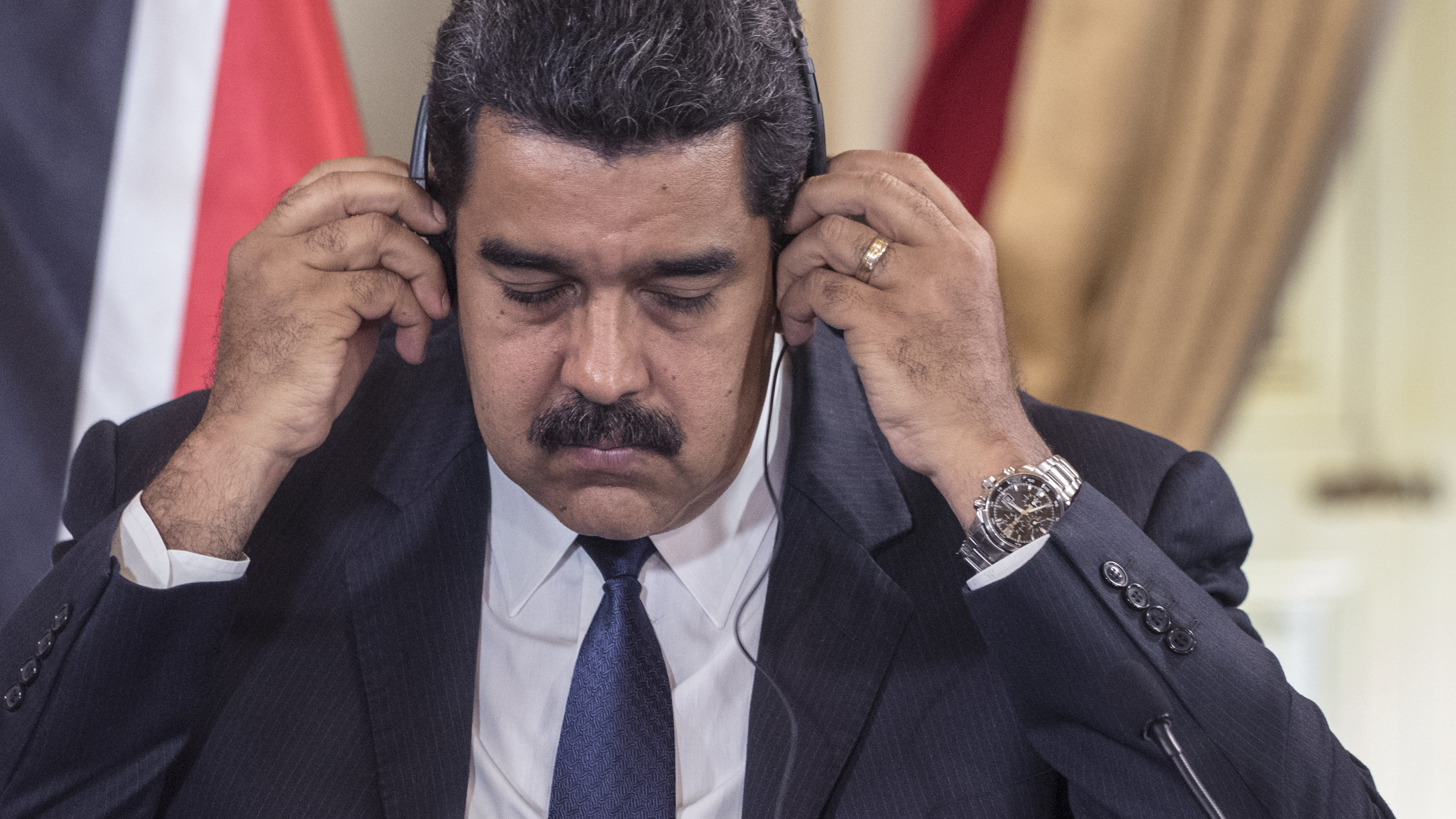Solicitor General Recommends Supreme Court Remand Samantar Case to Fourth Circuit
On Wednesday, the Solicitor General filed an amicus brief urging the Supreme Court to grant, vacate, and remand (“GVR”) the Samantar case to the Fourth Circuit after that Circuit’s surprising decision last year holding that foreign government officials are not entitled to foreign official immunity for acts alleged to violate jus cogens norms.
On Wednesday, the Solicitor General filed an amicus brief urging the Supreme Court to grant, vacate, and remand (“GVR”) the Samantar case to the Fourth Circuit after that Circuit’s surprising decision last year holding that foreign government officials are not entitled to foreign official immunity for acts alleged to violate jus cogens norms. I have previously explained here and here why the Fourth Circuit’s decision was wrong as a matter of both domestic and international law and why the Solicitor General should recommend that the Supreme Court reverse it. The SG’s brief instead appears to be an effort to keep the Administration’s options open in this long-running lawsuit a bit longer.
The Samantar case is an ATS and TVPA suit filed in 2004 by former Somali villagers against the former Defense Minister of Somalia, Mohamed Ali Samantar, for human rights violations committed by the Somali military in the 1980s. In 2011, the Obama Administration filed an unusual Statement of Interest in the case concluding that Samantar was not entitled to immunity because there was no government in Somalia recognized by the United States to request immunity for him. The Administration’s SOI also concluded that it was appropriate not to give immunity to Samantar because he had become a U.S. resident and should therefore be subject to the jurisdiction of U.S. courts. The Fourth Circuit held that the Administration’s Statement of Interest was not binding and instead reached its own independent conclusion that former foreign government officials cannot have immunity for jus cogens violations.
Rather than urge the Court to reverse the Fourth Circuit’s decision, the SG recommends that the Court remand the case to the Fourth Circuit to consider in light of “intervening events,” namely that the Obama Administration has now recognized a government in Somalia and the Prime Minister of Somalia of the newly recognized government has requested immunity for Mr. Samantar. The SG does not state, however, whether the Administration will reverse its previous determination and conclude that Samantar is now entitled to immunity. Indeed, to muddy the waters further, the brief notes that the Prime Minister of Somalia who requested immunity for Samantar was recently subject to a vote of no confidence by the Somali Parliament and is likely to be removed from office.
The SG’s brief argues that the Fourth Circuit decision was erroneous in two respects. First, the Fourth Circuit erred by concluding that courts are not required to defer to Executive branch determinations of immunity or non-immunity in cases involving official acts or conduct-based immunity, as opposed to head-of-state or status-based immunity (where the appeals court concluded that courts are bound by Executive determinations). The SG argues that courts are required to defer to Executive branch determinations in all cases as a constitutional matter in deference to the Executive branch’s responsibility to manage foreign relations.
Second, the SG argues that the Fourth Circuit erred by creating a new categorical exception to immunity for jus cogens violations. Oddly, the SG does not explain why a jus cogens exception to immunity is inconsistent with both domestic and international law. Rather, the SG simply argues that the jus cogens exception created by the Fourth Circuit is inappropriate because it was not based on a determination made or principles suggested by the Executive branch. The SG thus misses an opportunity to explain why the Fourth Circuit’s decision is wrong as a matter of substantive immunity law, rather than as a matter of process (albeit constitutionally mandated process). The SG does note, in passing, that the Executive Branch has suggested immunity for former foreign government officials in numerous cases where jus cogens violations were alleged, and that courts have deferred to the Executive branch suggestions in all of these cases.
The SG’s brief also inexplicably fails to explain to the Court the broader, and negative, policy implications of the Fourth Circuit’s decision for the U.S. Government. If allowed to stand, the Fourth Circuit’s decision would mean that foreign government officials would not have immunity in the Fourth Circuit even if the Executive branch suggests immunity for them. And it could create an unfortunate precedent that could encourage courts in other countries not to recognize the immunity of former U.S. officials in those countries. I am surprised that the SG did not explain these broader ramifications of the Fourth Circuit’s holding, rather than focusing only on the Fourth Circuit’s failure to defer to the Executive branch.
John B. Bellinger III is a partner in the international and national security law practices at Arnold & Porter in Washington, DC. He is also Adjunct Senior Fellow in International and National Security Law at the Council on Foreign Relations. He served as The Legal Adviser for the Department of State from 2005–2009, as Senior Associate Counsel to the President and Legal Adviser to the National Security Council at the White House from 2001–2005, and as Counsel for National Security Matters in the Criminal Division of the Department of Justice from 1997–2001.


-2.jpg?sfvrsn=f979c73d_6)

